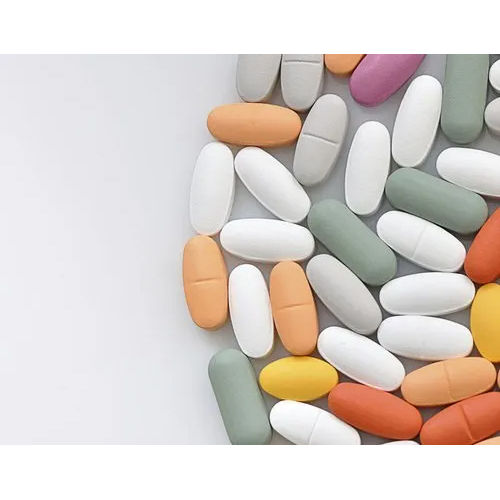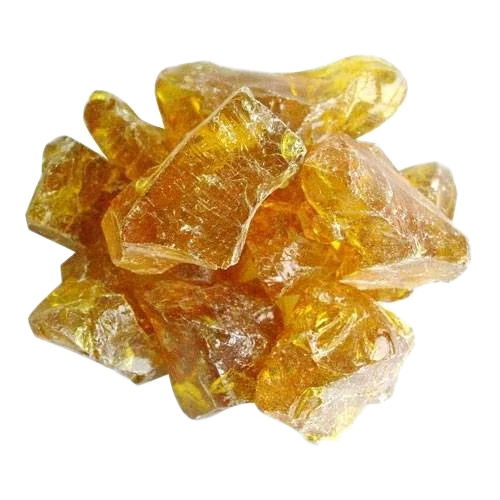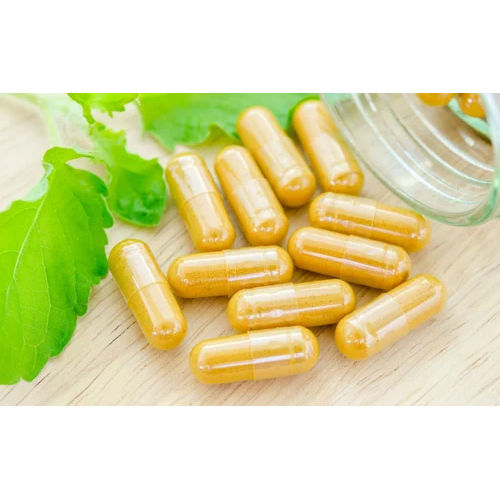Coating Material
Product Details:
- Storage Room Temperature
- Grade Medicine Grade
- Application Pharmaceutical Industry
- Color Any Color
- Form Solid
- Click to View more
Coating Material Price And Quantity
- 1000 INR/Kilograms
- 50 Kilograms
Coating Material Product Specifications
- Room Temperature
- Any Color
- Solid
- Medicine Grade
- Pharmaceutical Industry
Coating Material Trade Information
- Cash Advance (CA)
- 500 Kilograms Per Week
- 5 Days
- All India
Product Description
Coating Material is essential in the manufacturing process of tablets and capsules. These coatings can serve several purposes, including masking unpleasant tastes or odors, improving drug stability, providing protection against gastric acid degradation, and controlling drug release rates. Film coatings are commonly made of polymers such as cellulose derivatives, acrylic polymers, and ethylcellulose. Sugar coatings, on the other hand, are made of sucrose and other sweeteners. The selection of coating material is based on the drugs physicochemical properties, intended use, and desired release profile. The application of Coating Material can significantly enhance the drugs therapeutic effectiveness and patient compliance.
Coating Material means a substance applied to the surface of a product with specific properties such as protection, controlled release, aesthetic, or improved handling. Coating materials can create an attractive appearance, including a smooth, glossy finish on tablets or colorful coatings on candies, making it more attractive to consumers in terms of appearance. It is used to protect, enhance, or modify the properties of the underlying material. Coating material is indispensable in many industries, mainly pharmaceutical and food, and plays a crucial role in improving drug delivery, protection of active ingredients, and aesthetics, and enhancing the consumer experience.

Price:
- 50
- 100
- 200
- 250
- 500
- 1000+





 Send Inquiry
Send Inquiry Send SMS
Send SMS Call Me Free
Call Me Free
